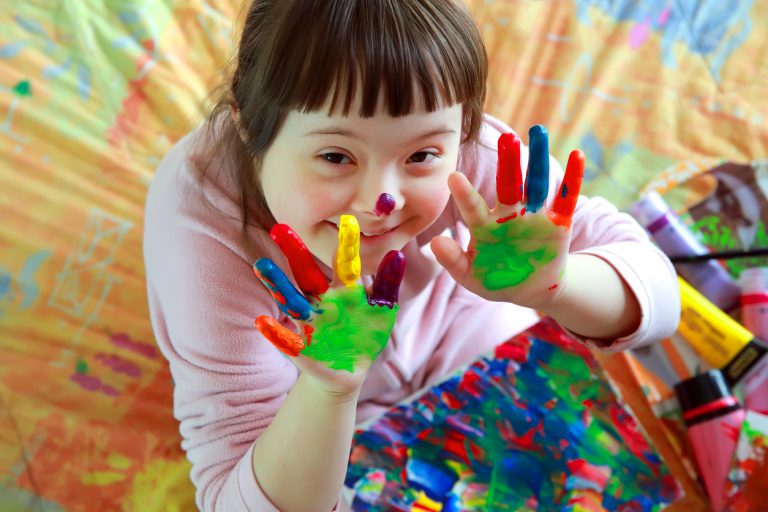As defined by Webster’s dictionary, JOY is the emotion evoked by well-being, success, or good fortune or to experience intense pleasure or delight. Does this exist within you? Your program? Or the families and children that choose you to care for and teach them each day? One might also ask, where is it, what leads to it, and how do I ensure, I, and the children and families I serve are experiencing joy?
In an age of accountability to standards-based practices and the data-driven, metric obsessed world we live in, have we forgotten about the importance of joy? That unless we justify it with a tie to learning, it is not worth feeling. It is just nice, but not necessary, and an unworthy goal worth pursuing. Yet, as defined, it is in and of itself, the emotion that is the result of well-being and success. Do we not want well-being and success? But how do we let joy in to the business of our daily routines and expectations to meet academic standards?
Let children, and ourselves, be passionately curious and experience the joy of playful learning!
Recent research and professional development topics for early childhood professionals revolve around the importance of playful learning within the context of building relationships as key to later academic success. Dale Farran, an early childhood education research and a professor emerita at Vanderbilt University has been studying preschool programs for more than 40 years. She says that in many programs she’s observed that focus on teaching basic academic skills, “kids are not being encouraged to think and problem-solve and to be curious and to trust themselves to figure things out. Those are the kinds of skills that are going to be lasting and predictive of school success.” Success that evokes well-being and yes, joy.
Playful learning requires a connection between caregiver and child that thus builds on children’s interests and joy in meaningful discovery. This connection and experiential feeling of joy encourages children to be more curious. When given the space to explore, meet a problem or question, and find relevance in a solution or answer, children build connections to existing skills and knowledge and future learning or events. Think about the first time you witnessed a butterfly emerging from its chrysalis and each of the academic and social skills you acquired in witnessing that single event. This TED Talk about joy in education by Dean Shareki, offers insight to the importance of playful learning for all ages.
An excerpt from Chapter 5 in Developmentally Appropriate Practice in early Childhood Programs Serving Children From Birth Through Age I, Fourth Edition (NAEYC 2022) states that “whether solitary, dramatic, parallel, social, cooperative, onlooker, object, fantasy, physical, constructive, or games with rules, play, in all its forms, is a teaching practice that optimally facilitates young children’s development and learning. By maximizing children’s choice, promoting wonder and enthusiasm for learning, and leveraging JOY, playful learning experiences support development across domains and content areas.”
“If you suddenly and unexpectedly feel joy, do not hesitate. Give in to it. It could be anything,”
Mary Oliver
As poet Mary Oliver states, “If you suddenly and unexpectedly feel joy, do not hesitate. Give in to it. It could be anything,” but likely you notice it in the instant a smile comes to your face or to that of a child in your program. “Anyway, that’s often the case. Whatever it is, do not be afraid of its plenty. Joy is not made to be a crumb.”
-

Jennifer Burgardt
Lead Community Outreach and Engagement Coordinator, Child Care Aware of Kansas
Jennifer, originally from Wester Kansas, resides in Central Kansas, where she and her family find joy in embarking on adventures both big and small. She graduated from Wichita State University with a master’s in Early Childhood Special Education, Kansas Wesleyan University with a bachelor’s degree in Elementary Education and an associate degree in Early Childhood Education. Jennifer’s work encompasses thirties years of learning and growing alongside children, families, colleagues and communities, inspiring lifelong learning while building connections to others and community.






